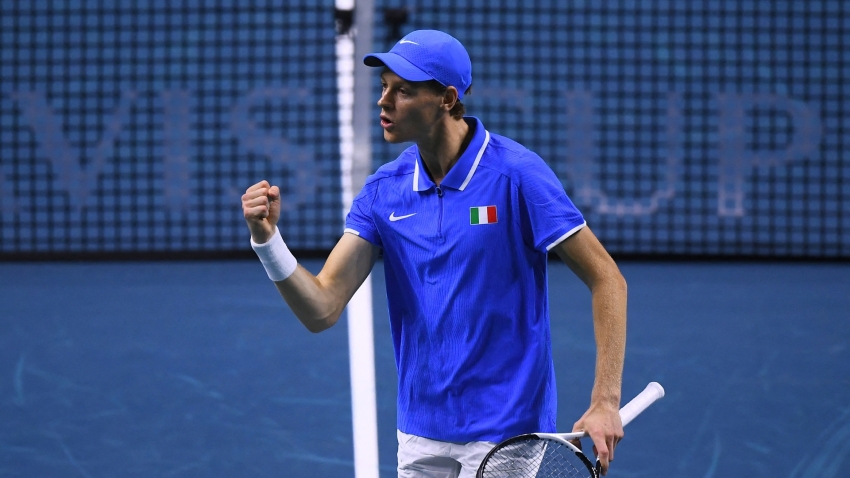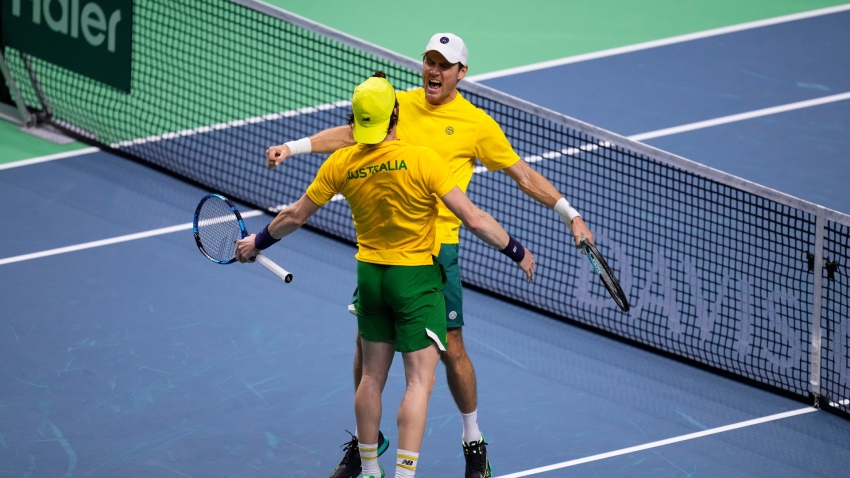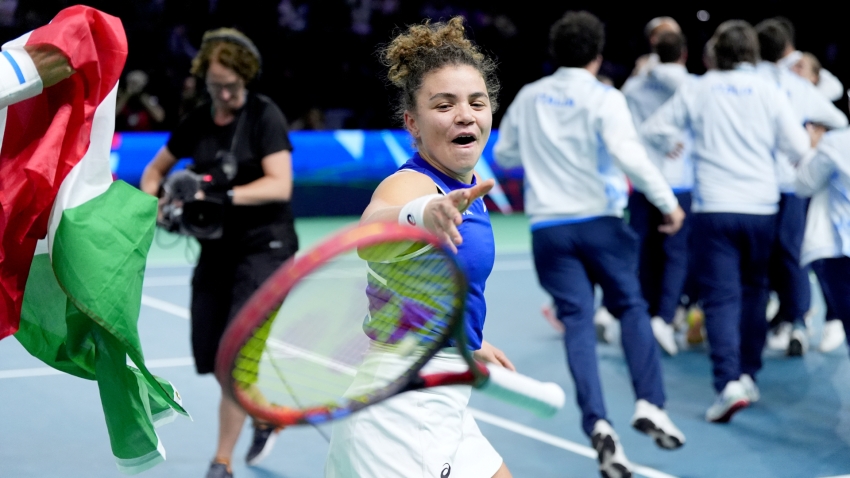Emma Raducanu has revealed how she has had to deal with “sharks” and people who use her as a “piggy bank” following her US Open success in 2021.
Raducanu became an overnight star when she memorably won at Flushing Meadows as an 18-year-old in only her second grand slam, just three months after finishing her A-Levels.
That victory transformed her into one of the most marketable sportspeople in the world, with a raft of high-end sponsorship deals, but life on the court has been tough for her since then as she has tried to establish herself on the women’s WTA Tour against the backdrop of a glut of injury issues.
The Brit, now 20 and possibly out for the season following wrist and ankle surgery, admitted she was naive following her US Open win and has been taken advantage of.
“When I won I was extremely naïve,” Raducanu told The Sunday Times Style magazine. “What I have realised in the past two years, the tour and everything that comes with it, it’s not a very nice, trusting and safe space.
“You have to be on guard because there are a lot of sharks out there. I think people in the industry, especially with me because I was 19, now 20, they see me as a piggy bank.
“It has been difficult to navigate. I have been burnt a few times. I have learnt, keep your circle as small as possible.”
It remains to be seen whether Raducanu, who has been displaced as British number one by Katie Boulter, will play again this year following her double surgery.
And she admitted her desire not to seem weak to a newly-appointed coach saw her play through the pain and make the injury worse while also revealing how she suffered mentally.
“The pain [in the wrists] escalated last summer after Wimbledon,” she added. “I started with a new coach and I was really motivated to get going. We were overtraining, a lot of repetition, and I carried on even through pain because I didn’t want to be perceived as weak.
“I was struggling with the physical pain but the mental side of it was really difficult for me too. I always want to put forward the best version of myself, or strive for that, but I knew I couldn’t.
“I very much attach my self-worth to my achievements. If I lost a match I would be really down, I would have a day of mourning, literally staring at the wall. I feel things so passionately and intensely.
“I was under so much pressure to perform, people had no idea what was going on and I had to have this façade, to keep everything inside. It has been really hard.
“And then to be scrutinised for it when they don’t know what is going on. I am very young and still learning and making mistakes. It is a lot harder when you are making mistakes in front of everyone and everyone has something to say about it. The tour is completely brutal.”































